A Project People Can Get Behind
Why do we need the Collective Archive? Here are some answers from the community of Pittsburgh. Have something to add? Drop us a line.

"So many shows that happen are ephemeral and it’s important to have digital records we can share. For patrons as well as for artists." Matthew Buccholz, artist and author.
 "So much powerful art is transient, ephermal. If you’re not there to experience it, it’s just gone." Atticus Adams, artist.
"So much powerful art is transient, ephermal. If you’re not there to experience it, it’s just gone." Atticus Adams, artist.

"I could see this being important down the line. Some pieces are sold and then you’ll never see them. Especially pieces from the artists’ early stages. It’ll be a major source for information and connections about artists who become well-known." Julie, attorney from West Virginia.
 "Awesome." Jessica Heberle, artist and organizer of the Pittsburgh Artists Meetup.
"Awesome." Jessica Heberle, artist and organizer of the Pittsburgh Artists Meetup.

"It’s awesome!" Sara Ryan, Development Assistant - Individual Giving, Contemporary Craft.

"The thing you’re doing, it’s going to be amazing!" Kim El, playwright, actor, artist.
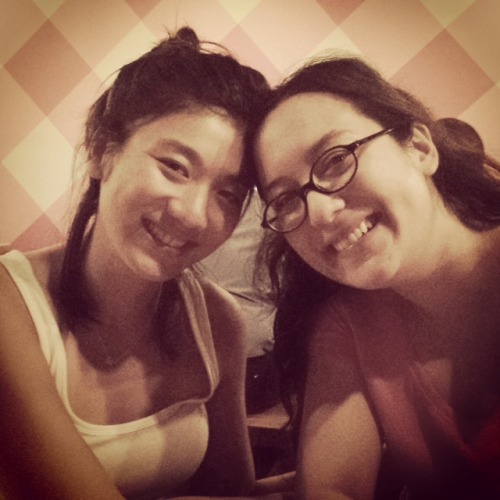
"Process over product." Jenny Liu, Collective Archive Project Manager (left).
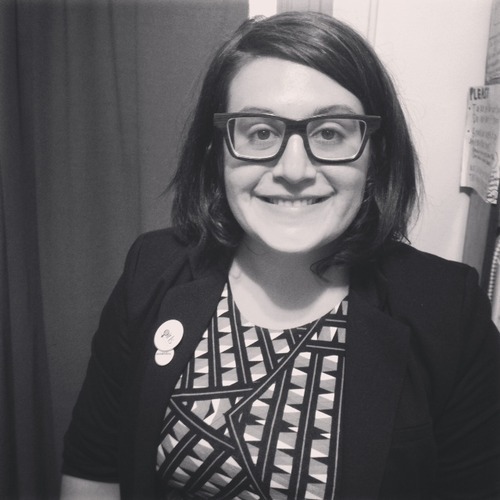
"I think the archive project will build support for communicating what we’ve done. In general Pittsburgh has done amazing things. But when you’re doing all those things you don’t always have time to step back and document. And there are efforts out there document kids and education but that doesn’t so much exist for the arts community." Nina Barbuto, Founder, Assemble

"Biography." Seth Clark, artist and designer, represented here by his slice of Hawaiian pizza

"That’s what I need: all my work, documented." Zack Lee, artist and studio assistant, Radiant Hall

"Context." Gavin White, multidisciplinary urbanist and Greenprint Steward, Pittsburgh Parks Conservancy
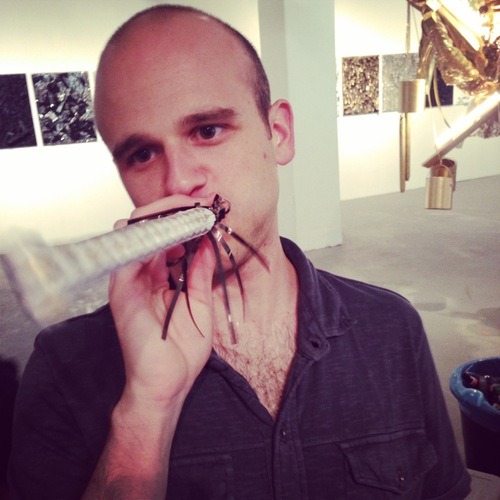
"No only is documentation important for the sake of that artists, but for this particular time period, in which there is a strong artists’ community. For me at least, I’ve never had such a set of peers that I feel so comfortable with. It’s important to document not just the art but the context in which the art is made." Terry Boyd, artist
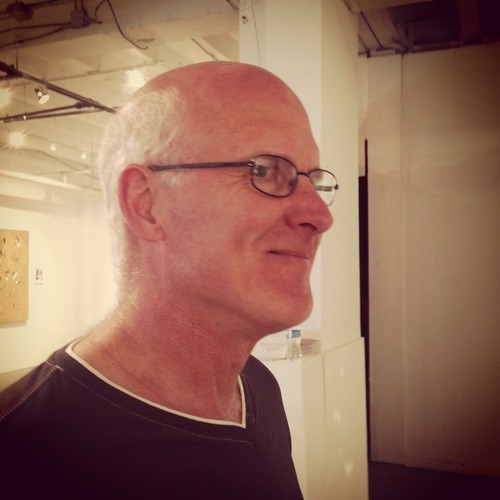
"As the documentation of art moves from printed matter to digital, it’s increasingly difficult to access. In the past you go could go to the library, to books and magazines and so on. That archive is essential and I’ve often turned to it. Increasingly, with digital matter, we need an archive where we can research the past. And I as a writer I want to research what artists have been up to." Robert Raczka, artist, art critic and Emeritus Assistant Professor of Art and Gallery Director, Allegheny College

"It’s a pivotal time for the arts community. There’s a momentum now that we didn’t have five years ago, and getting stronger every day. More people are moving here, we’re retaining our young artists, and we’re experimenting artistically in a way we haven’t before." Mia Tarducci Henry, artist and Director, The Mine Factory
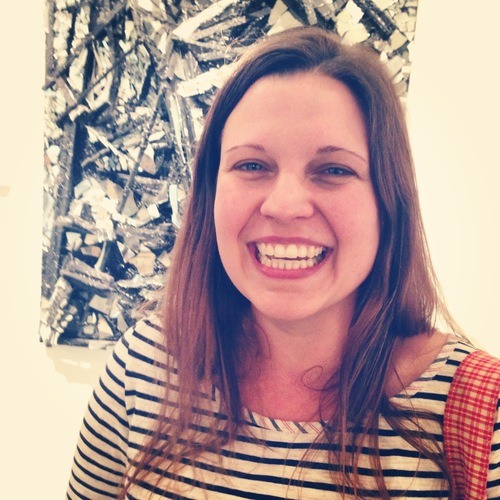
"Aside from artists’ websites or - nonexistent - gallery websites, there’s nothing that documents what’s happening. Nowhere to read about it." Meghan Olson, artist and publisher, Pittsburgh Articulate

"The community is growing and it’s hard to learn what’s happening unless you can talk to somebody. Especially for new people coming to Pittsburgh." Kate Mason, artist and art educator
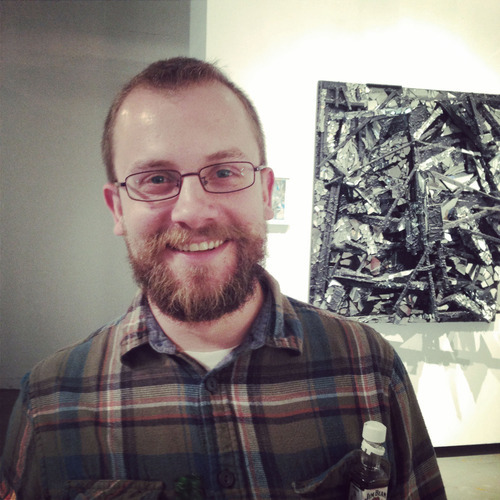
"Lots of reasons: accessibility, knowing what’s going on…" Chris McGuinness, artist, curator and Assistant Professor of Art, Indiana University of Pennsylvania
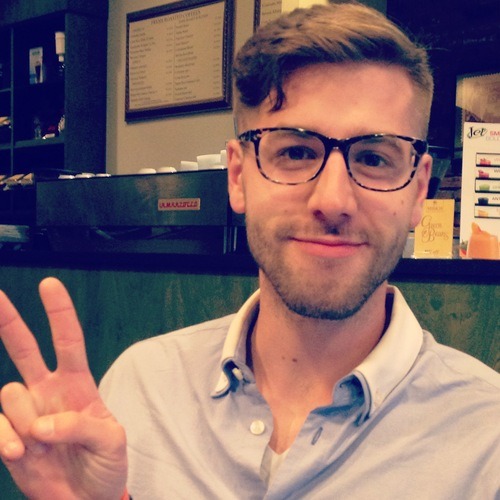
"I think the idea you have going is terrific. It’s a way to track how people see Pittsburgh art at a given time." Mario Signore, Quality Assurance Engineer, Think Through Math
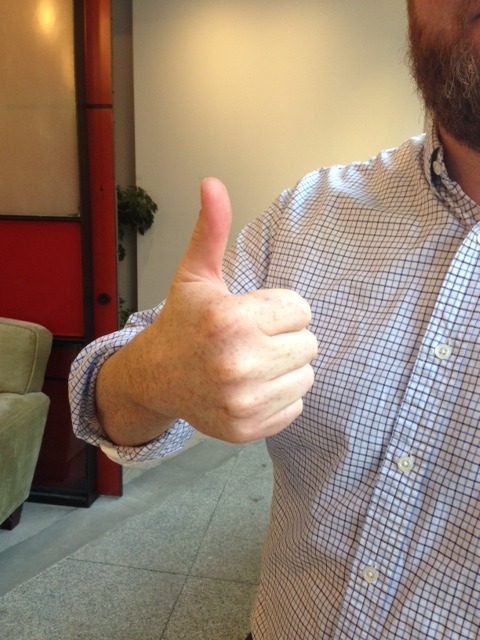
"What is the infrastructure needed to create successful place-making projects? There’s no data on how this happens. Is it government policy? Money? Community support? What do you lose by not having that memory?" Eric Sloss, Principal/Co-Founder, UpTo Pop-Up Creative Firm [giving the Archive his thumb up, instead of having his picture taken]
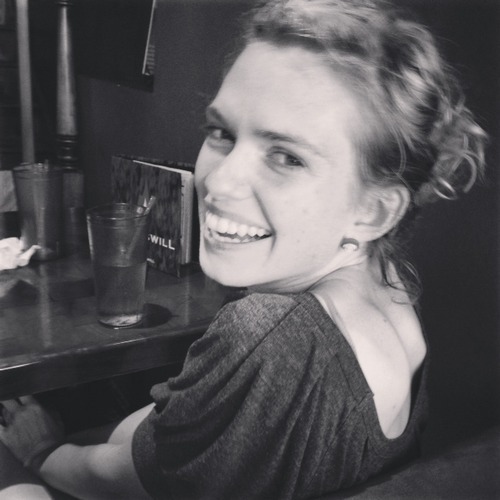
"Every artist I’ve ever talked to in Pittsburgh has said they need something like this." Aisling Quigley, Master of Library Science, printmaker and PhD student, Information Science, University of Pittsburgh.